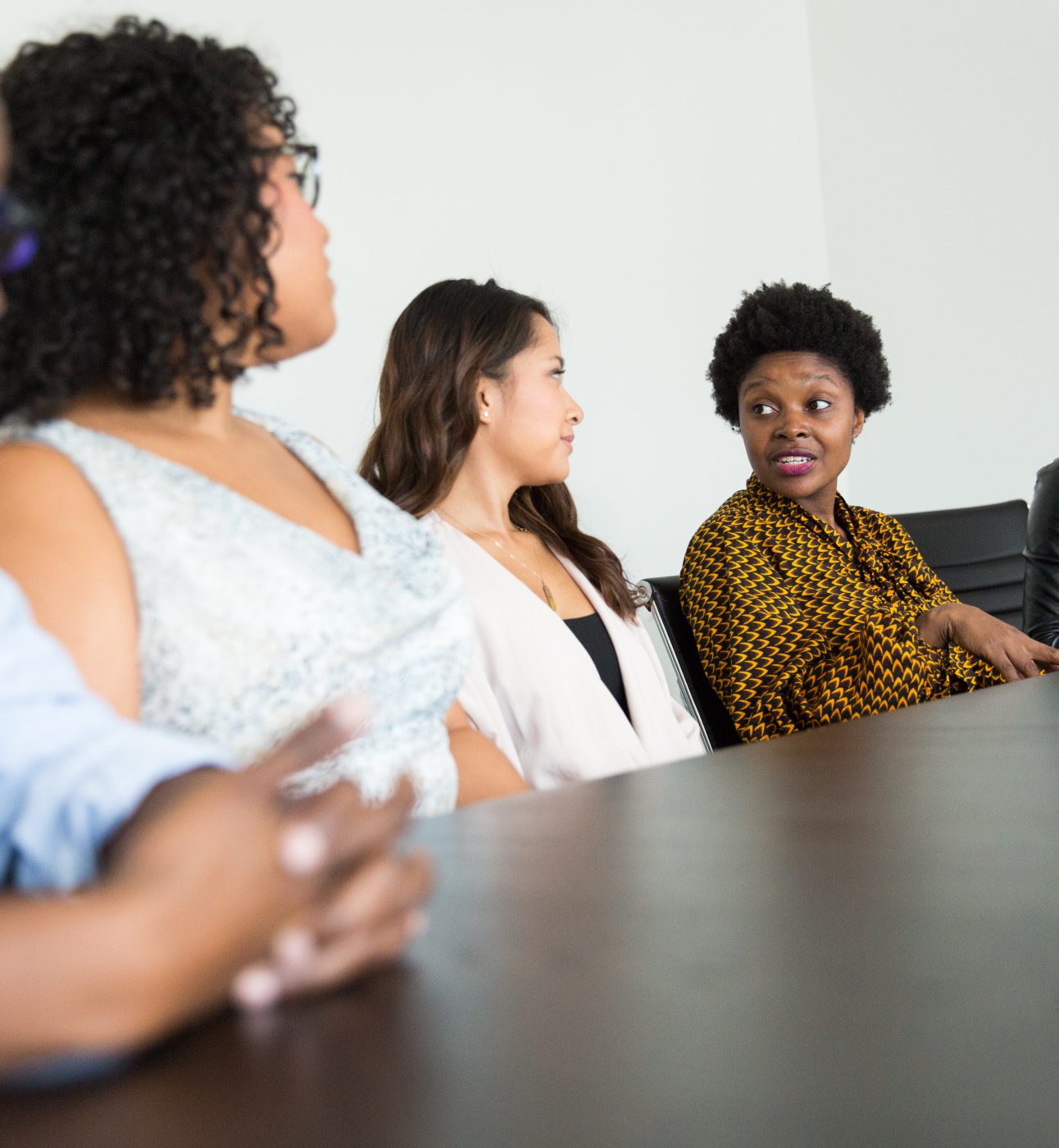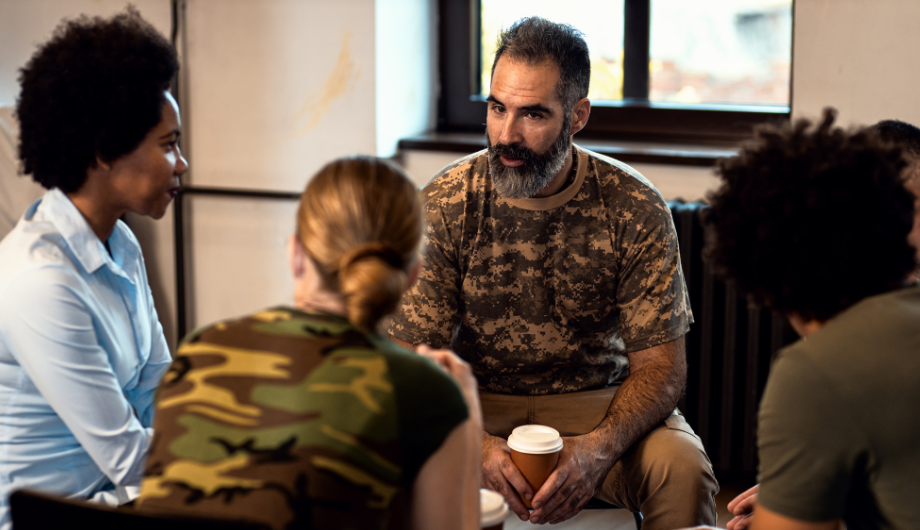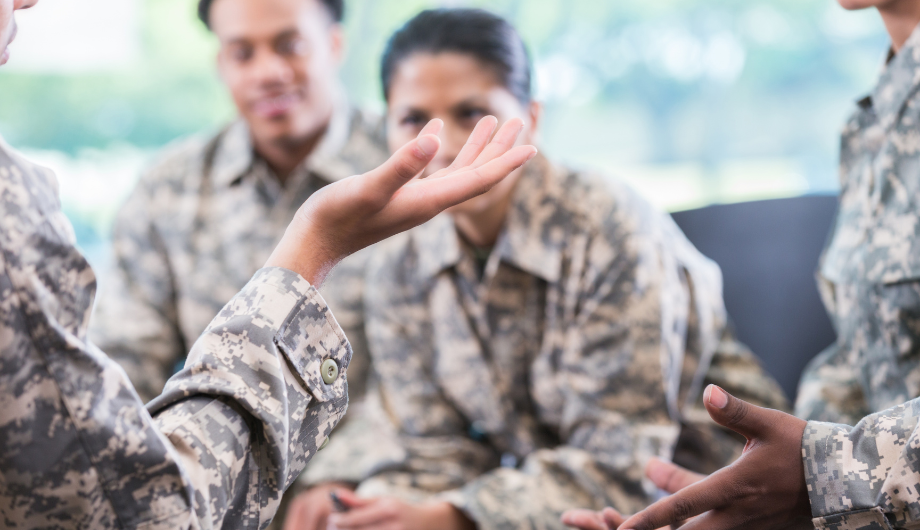
Time commitment
The course is delivered as a focused training session, designed to build on existing domestic abuse knowledge. It will take place over one full day, allowing attendees to engage deeply with the content without a long-term time commitment.
Eligibility
This course is suitable for professionals in frontline domestic abuse roles, including Idvas/Idaas, YPVAs, ISVAs, and DA practitioners. While attendees do not need to have completed an accredited Idva course, they should have a foundational knowledge of domestic abuse issues. The training is especially valuable for those working with, or looking to better support, military-connected clients.
Price
Thanks to the generous support of the Army Benevolent Fund, this course is fully funded and free to attend.
How to apply
Applications for the ‘Responding to domestic abuse within military communities’ training course open soon. Please register your interest below and we’ll contact you to advise when future dates are confirmed.
Accessibility
We welcome learners of all backgrounds and abilities. We encourage you to share with us any details on accessibility and diversity needs so we can ensure the right support is in place. You can also contact the training team if you have any queries via [email protected].


